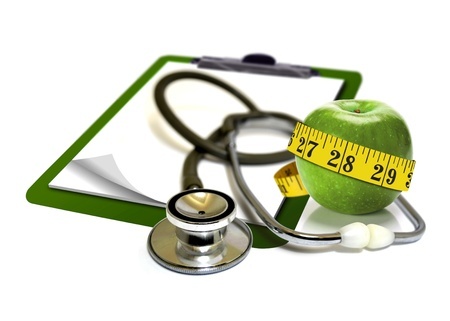Nutritional Exam
With Dr. Kimberly Rollheiser-Revilla
With Dr. Kimberly Rollheiser-Revilla

More than a typical nutritionist that has minimal to no education, Dr. Kimberly’s training has given her an understanding of biochemistry, metabolism, and how the body functions so she is able to tailor dietary recommendations and suggest supplements that help heal and regenerate organs, decreasing and eliminating illness while returning the body to optimal health.
Dr. Kimberly does not believe in “dieting” or a quick fix but rather improving your relationship with food and giving you the tools necessary to make effective changes for long term results and benefits.
If you are desiring nutritional counseling as well as comprehensive care, Dr. Kimberly’s care is best for you.
Our in-office Nutritional Examination includes the following procedures: